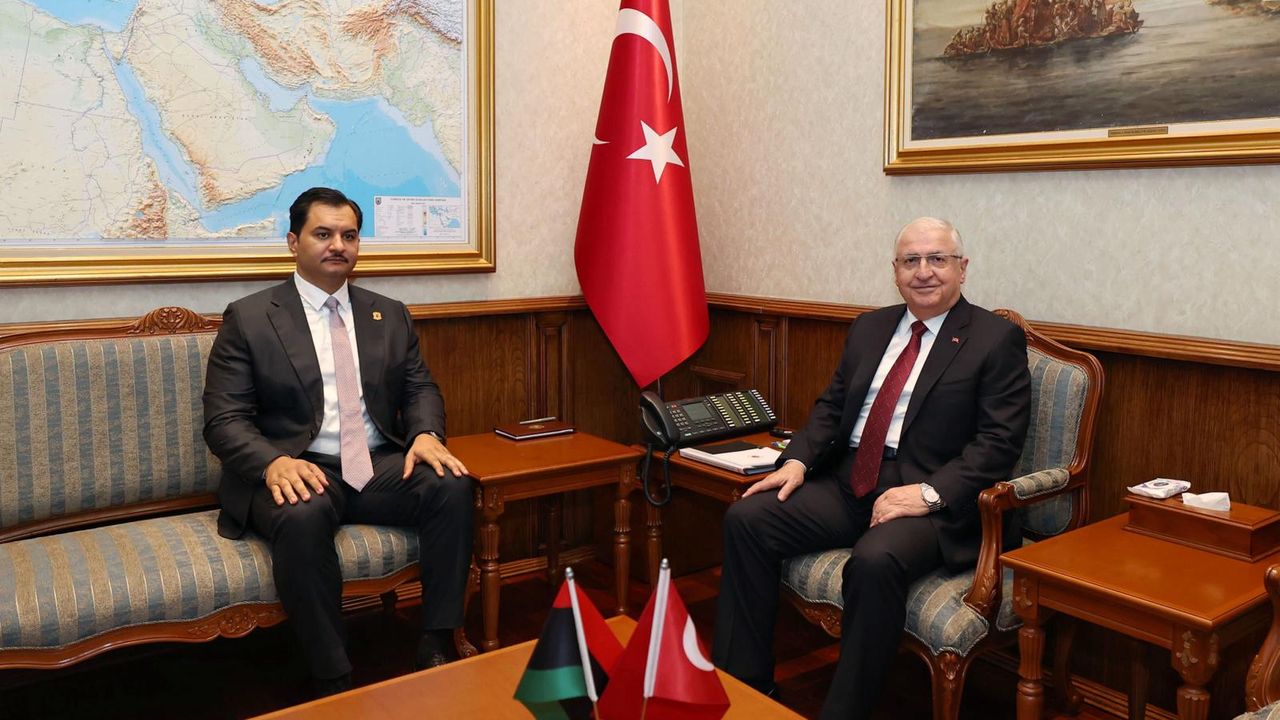Sudan: RSF leader moves to form parallel government

Sudan’s Rapid Support Forces paramilitary group is closing in on the formation of a parallel government to rival the military-backed administration after its leader was appointed to head an alliance of political parties and rebel groups, according to The National on July 2nd.
This is seen by many as a considerable step towards setting up a rival to the military-backed government, which is to administer areas held by the RSF.
The Foundation Alliance, better known by the acronym Taasees, held a meeting in the RSF-controlled city of Nyala in Darfur on July 1st, where it selected a 31-member leadership with RSF chief Mohamed Hamdan Dagalo, known as Hemedti, was chosen as its head. His deputy is Abdul Aziz Al Helu, who is the commander of a powerful rebel group active in south and southwest Sudan.
“The selection followed a series of plenary meetings that were transparent and serious,” Taasees spokesman Alaaeldeen Noqd said in a statement.
Noqd characterised the alliance, which was founded in February 2025 in the Kenyan capital Nairobi, as a national platform which seeks to “dismantle the old Sudan by confronting its sociopolitical legacy and the creation of a new state on the basis of a social contract that enshrines just peace, equal citizenship and comprehensive justice.”
The alliance has been formed over 2 years into the highly destructive and violent civil war between Hemedti’s RSF and the Sudanese military, led by Abdel Fattah Al-Burhan. The conflict has killed tens of thousands of people and displaced over 13 million. The RSF controls all of the vast western region of Darfur, apart from the city of El-Fasher which it has besieged since May 2024.
Osman Mirghany, a leading Sudanese analyst, said that “the announcement in Nyala is the prelude to creating a parallel government. Taasees is the equivalent of a ruling party that will inevitably announce a government.”
“The whole process is designed to give the Rapid Support Forces a political arm or support base to use as a bargaining chip if negotiations to end the war were to start,” he continued, referring to plans for a diplomatic meeting in Washington regarding the future of Sudan in which the representatives of powerful regional actors like Egypt, Saudi Arabia, and the UAE would be present to make plans for a permanent end to hostilities.
A series of ceasefires were brokered during near the beginning of the war by Saudi Arabia and the US, however they failed to hold. The military has since stated that it will continue fighting until it totally defeats the RSF.
Kamil El-Tayeb Idris, a career UN diplomat, was appointed as Sudan’s Prime Minister by Al-Burhan in late May 2025 to lead a 22-member government based in the eastern city of Port Sudan on the Red Sea coast. Only the positions of defence and interior minister have been filled as demands for proportionate representation have been voiced by military-aligned rebel groups.
Both Hemedti and Al-Burhan purport to be fighting to guarantee Sudan has a democratic and prosperous future. However, both sides have been mired by numerous accusations of war crimes by the UN and various rights groups.
The RSF has recently shifted its political narrative to the pursuit of equal rights for Sudan’s so-called marginalised groups, such as the inhabitants of the Darfur, Kordofan, and Blue Nile regions.
However, the UN and the International Criminal Court have both accused the RSF of ethnic cleansing against Darfur’s African tribes and of sexual assaults in Khartoum and central Sudan. One UN official warned that the risk of genocide occuring is high in Sudan as the RSF “continue to conduct ethnically motivated attacks against the Zaghawa, Masalit and Fur groups.”
The military has faced accusations of reckless and indiscriminate shelling which has directly killed thousands of civilians during the war.
Hemedti and Al-Burhan have both been sanctioned by the US for war crimes. Furthermore, a fresh set of sanctions were imposed on the Sudanese government in Port Sudan on June 29th over the military’s alleged use of chlorine gas, a prohibited chemical weapon.
Sudanese analyst Mohammed Latif stated that the announcement of Hemedti’s Taasees leadership represents the prelude to the formation of a parallel government that oversees RSF-controlled areas.
He said that “we will then have a government in eastern Sudan and another one in western Sudan, a situation that to some degree mirrors that in Libya,” referring to the emergence of two rival governments in Sudan’s neighbour from the power vacuum left by the ousting of Muammar Gaddafi in 2011.
“It will enshrine the partition of Sudan, which everyone has been warning against.”
The National, Maghrebi.org
Want to chase the pulse of North Africa?
Subscribe to receive our FREE weekly PDF magazine













